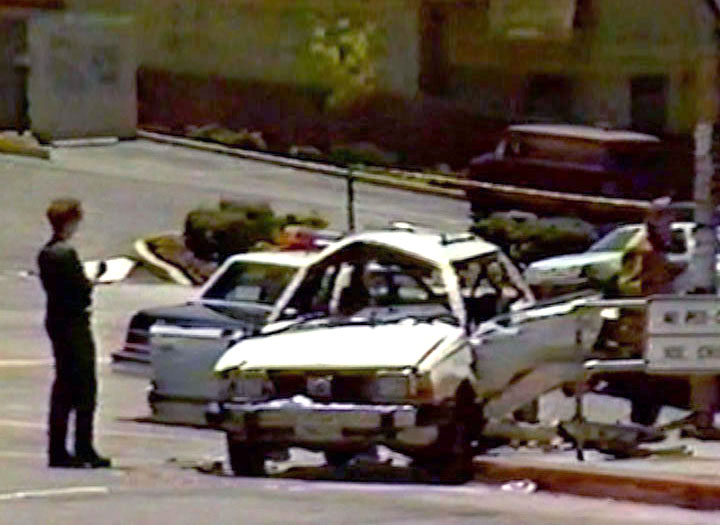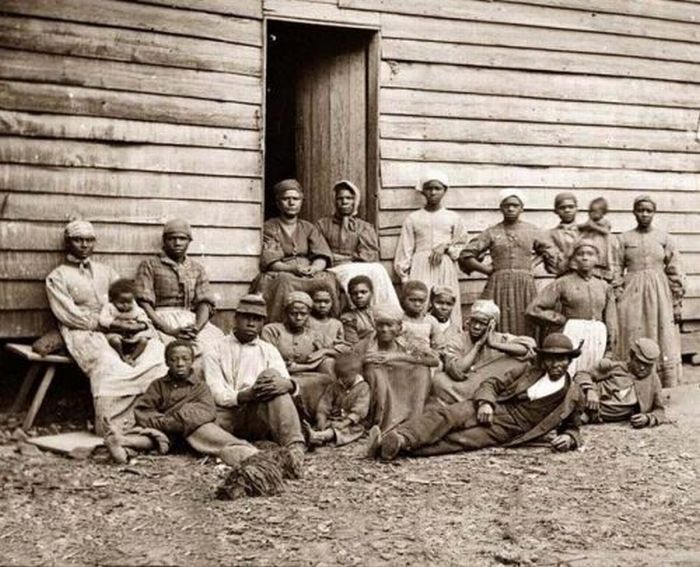Podcast: Play in new window | Download
Updates:
- Judge Shira Scheindlin of Federal District Court in Manhattan To Rule In Stop and Frisk Case
- NYPD Subpoena Phone Records of Stolen Phones – Amassing Database
- Julian Assange Book – Cypherpunks
- Bradley Manning Hearing Update
- Husband of Jeremy Hammond’s Judge Victim Of Stratfor Email Hack
——–
Who Bombed Judi Bari? is a recently released documentary film about the car bombing of labor and environmental organizer Judi Bari. Judi Bari was a natural leader that rallied thousands of activists to camp out and protest the clearcutting of red wood forests during the timber wars in 1990’s. Though Judi was crippled and in chronic pain from the car bomb, she went on to sue the authorities for civil rights violations winning a settlement but eventually died from cancer seven years after the bombing.
- Judi Bari was a union organizer and an Earth First organizer, she was the mother of two children, a professional carpenter, here in the Redwood region of California.
- That in a way is what made her so dangerous to the status quo because that what we know so well, a world divided and conquered by those that would rather us fight each other than those at the top.
- Judi Bari was a unifier, she was somebody who brought loggers, timber workers, mill workers, truck drivers together with environmentalists to find our common goals, and to focus attention on the corporate elites who are manipulating all of us.
- The issues are the same today as they’ve been for the last 6000 years of recorded history.
- Human beings have been logging the forests since the cedars of Lebanon. Judi was taking on the issue of mowing down ancient Redwood trees that stand 350 feet tall, 15 feet wide, 2000 years in age.
- A single Redwood can hold 4000 gallons of water. They’re worth 50 thousand dollars a piece.
- Redwood Summer did emulate Freedom Summers sometimes called Mississippi Summers in the deep South.
- The point was the same as long as things happened in the deep South without anybody looking, they could continue, Jim Crow would continue.
- The mowing down of our eco-system which we believe is a civil rights movement as much as a environmental movement because our ability to live on this planet depends on our ecosystem staying intact.
- We invited college kids as well as anyone who wanted to participate and that’s what Redwood Summer was.
- We received about 3 dozen death threats mostly by letter, by phone and some in person over a short period of time, about a month and a half, right after we announced Redwood Summer.
- We decided to get out of rural areas, so we were touring universities, as we were leaving Oakland, where Judi had spent the night heading toward Santa Cruz. Judi ordered me into her car, we drove for a couple of minutes a bomb exploded under her seat.
- Fracturing her pelvis, causing intestinal damage, pulverizing her lower vertebrae.
- Instantly within 5 minutes the FBI and Oakland Police showed up.
- They knew the bomb was a booby trap, designed to only go off in a moving car.
- They looked at the death threats and immediately dismissed them as irrelevant.
- Violence is a dominant gene. You can have a thousand peaceful people but one violent person can ruin for everybody else.
- The FBI and the Oakland Police were eventually found liable for violating the First Amendment of the US Constitution. It wasn’t that they were mistaken, they knew we were innocent.
- They found the motion trigger that said the bomb could only go off in a moving vehicle.
- Right to her death, the FBI and the Oakland never asked Judi one question.
- Judi Bari was a full-time working carpenter. She supervised a construction crew.
- WhoBombedJudiBari.com
Guest – Darryl Cherney, born in New York City where he was a child actor. For 20 years he has been an activist, topical singer -songwriter and organizer in Humboldt County California. He helped spearhead the successful campaign to protect the redwoods, including Headwaters Forests, now a national preserve. As creator and president of Environmentally Sound Promotions, the non-profit organization, he has produced five albums of his original songs dedicated to environmental protection. He also produced Judi Bari?s spoken word CD, Who Bombed Judi Bari?, and the benefit compilation, If a Tree Falls.
—
Lincoln 2012: Analysis
As many listeners may know the recent film titled Lincoln hit theaters this fall. The film recounts how President Abraham Lincoln’s efforts to pass an amendment to the United States Constitution that would formally abolish slavery in the country. In January of 1865, Lincoln was expecting the Civil War to end within a month but concerned that his 1863 Emancipation Proclamation may be discarded by the courts once the war ends and the 13th Amendment defeated by the returning slave states. In the film, we see Abraham Lincoln working to pass the amendment by the end of January.
- Its a civil war movie that unlike so many others properly places slavery and the Republican Party’s determination to see slavery die at the center of the story.
- I think the movie is deficient in a number of ways. The prior course of the war. The growth of anti-slavery sentiment in the Union.
- It wasn’t Lincoln who came up with the idea of the 13th Amendment.
- Compromise and political manipulation was not at the heart of the success of Lincoln’s presidency.
- What we should be recognizing as Lincoln’s greatness is not is ability to bend, but his refusal to do that at most of the important points on which he was challenged.
- By the end of the civil war closer to 200 thousand black men served either as Union soldiers or sailors.
- This is somebody who grew during his presidency. He grew intellectually, and he grew politically and morally.
- Fall of the House of Dixie attempts to tell the story of the American Civil War as a social and political revolution.
- As slavery began to break down during the course of the US Civil War.
Guest – Professor Bruce Levine, is the James G. Randall Professor of History at the University of Illinois, Urbana-Champaign. A noted scholar of the Civil War, he is author of Half Slave and Half Free: The Roots of Civil War (2nd ed., 2005), Confederate Emancipation: Southern Plans to Free and Arm Slaves during the Civil War (2005), and The Fall of the House of Dixie: The Destruction of Slavery and the Old South during the Civil War (2013). Levine will deliver a lecture on recent trends in Civil War scholarship.
—————————————————————



